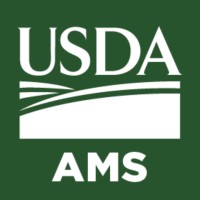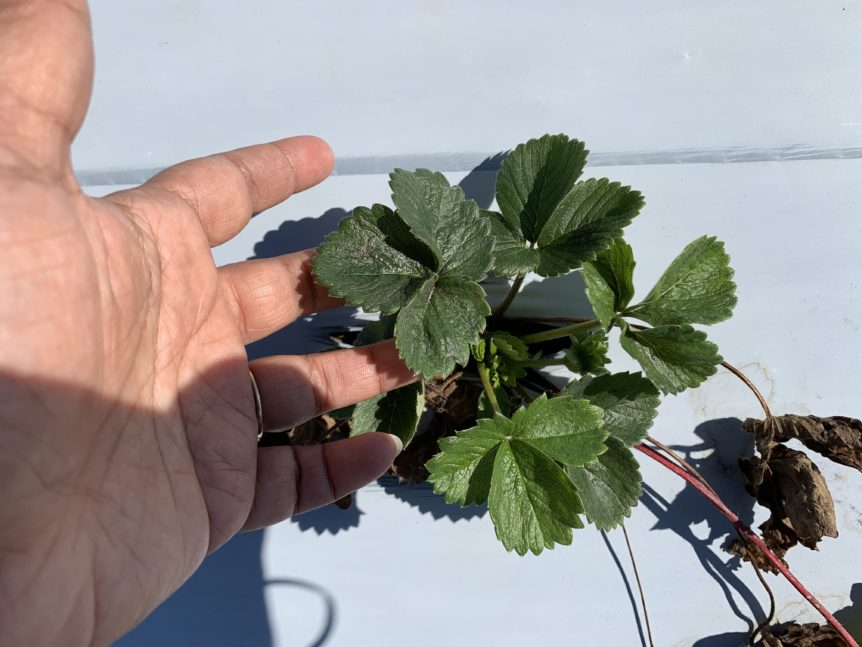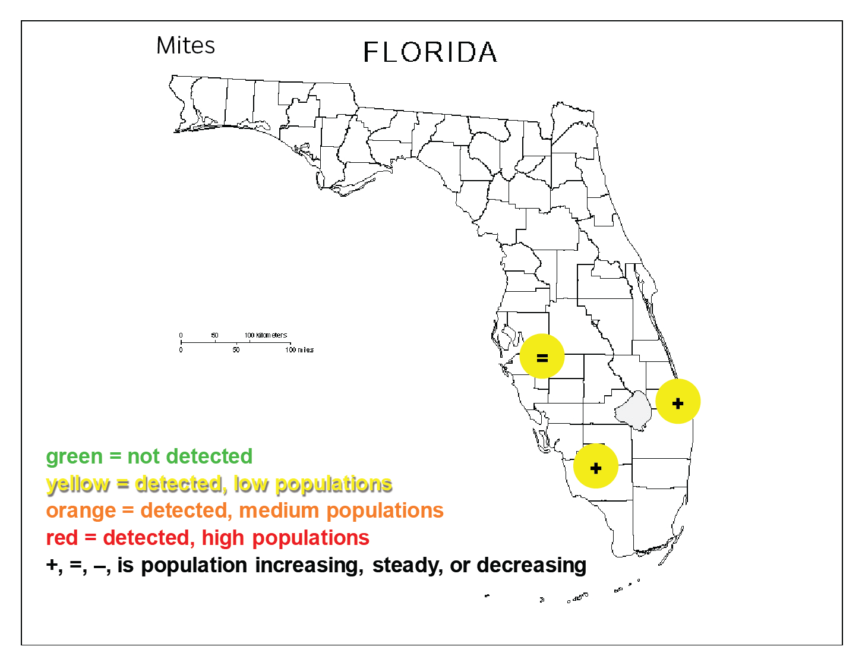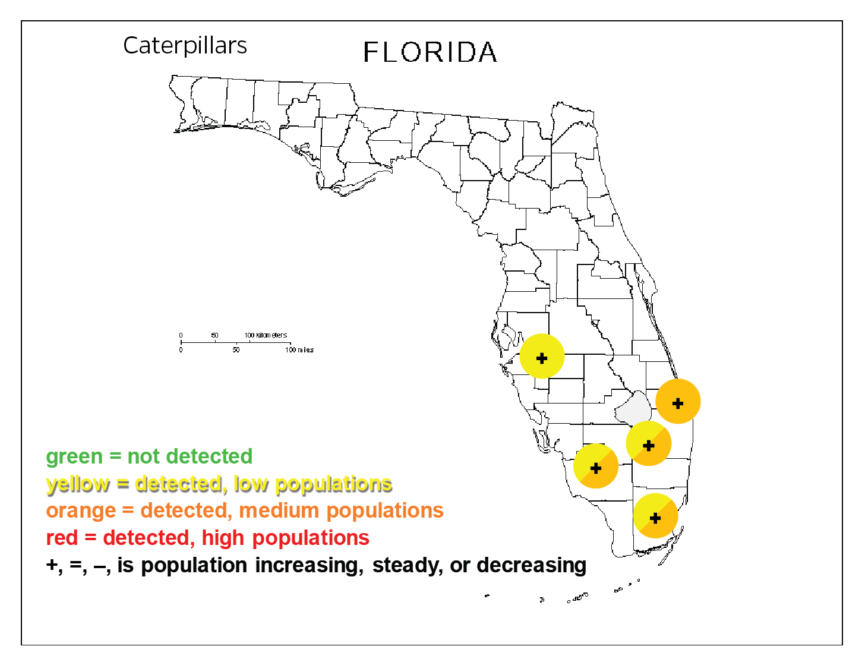Agricultural pests are sometimes disguised as animals looking for food sources. Unfortunately for producers in Georgia, that food source will often be their crops. Georgia’s legislative leaders are arming state agencies with substantial funding in next year’s budget to tackle this substantial problem. Included was $150,000 directed to the Georgia Department of Agriculture for the Feral Hog Task Force and …
USDA Releases 2022 Pesticide Data Program Annual Summary
The U.S. Department of Agriculture (USDA) published the 2022 Pesticide Data Program (PDP) Annual Summary, which shows that over 99% of the samples tested had pesticide residues below benchmark levels established by the Environmental Protection Agency (EPA). The tests were conducted on 10,665 samples from 23 commodities including fresh and processed fruits and vegetables, dairy, nuts and grains. The PDP …
Chilli Thrips an Early-Season Problem for Florida Strawberry Producers
By Clint Thompson It would not be a strawberry season in South Florida if chilli thrips were not a nuisance for growers. But that appears to be the case again, according to one producer. “This year it seems like they’re moving into fields earlier,” said Dustin Grooms with Fancy Farms in Plant City, Florida. “We’ve already put some sprays out …
South Florida Pest and Disease Hotline: Mite Pressure Update
Mite pressure is low but increasing in southern Florida, according to the South Florida Pest and Disease Hotline. Southern red mites were reported in blueberries in central Florida. Broad mites were reported in a few pepper fields across Southwest Florida. Broad mite infestation increased to low levels in pepper fields along the east coast. In eggplants, two spotted spider mites …
Eighth Circuit Court of Appeals Reinstates Use of Chlorpyrifos
There has been much concern in recent years on regulatory restrictions that are or could potentially limit crop protection tools growers have available to manage key pests. One such example was the U.S. Environmental Protection Agency’s (EPA) ban on the use of chlorpyrifos. The EPA revoked the tolerances for all uses of chlorpyrifos in 2021. The product had been an …
South Florida Pest and Disease Hotline: Caterpillar Pressure Increasing
Caterpillar pressure is low but increasing across areas in southern Florida, according to the South Florida Pest and Disease Hotline. Low worm activity was reported in central Florida. Worm pressure varies depending on crop and location in southwest Florida. Low to moderate levels of beet armyworms, southern armyworms, fall armyworms, loopers, hornworms, melonworms and fruitworms are being reported, with beet …
Cover Crops Recommended for Managing Nematodes
By Clint Thompson A multi-pronged approach to nematode management remains the best approach for Florida specialty crop producers. Johan Desaeger, assistant professor of entomology and nematology at the University of Florida Institute of Food and Agricultural Sciences (UF/IFAS) Gulf Coast Research and Education Center, discussed nematode management during the recent Citrus and Specialty Crop Expo in Tampa, Florida. “It just means that …
Be on the Lookout for New Thrips Pest
By Clint Thompson Anna Meszaros, University of Florida Institute of Food and Agricultural Sciences Extension commercial horticulture agent in West Palm Beach, Florida, implores vegetable farmers to scout diligently for Thrips (T.) parvispinus. The pest was most recently observed on cucumber, squash and zucchini for the first time last spring. Meszaros discussed the issue during Wednesday’s seminar session at the Citrus …
Management of Chilli Thrips in Strawberry
By Clint Thompson University of Florida Institute of Food and Agricultural Sciences (UF/IFAS) research into chilli thrips provides a more accurate way for strawberry growers to manage this annual problem. Producers can now be more efficient in controlling thrips populations. Sriyanka Lahiri, University of Florida Institute of Food and Agricultural Sciences (UF/IFAS) assistant professor of entomology and nematology at the …
UF/IFAS Hosts Lebbeck Mealybug Workshop
Researchers are offering a lebbeck mealybug detection workshop in Fort Pierce on April 25. The event will be held from 9 a.m. to noon at the University of Florida Institute of Food and Agricultural Sciences (UF/IFAS) Indian River Research and Education Center (IRREC). Register for the meeting here. Lebbeck mealybug (Nipaecoccus viridis) is an invasive pest that can cost the fruit …
- Page 1 of 2
- 1
- 2















